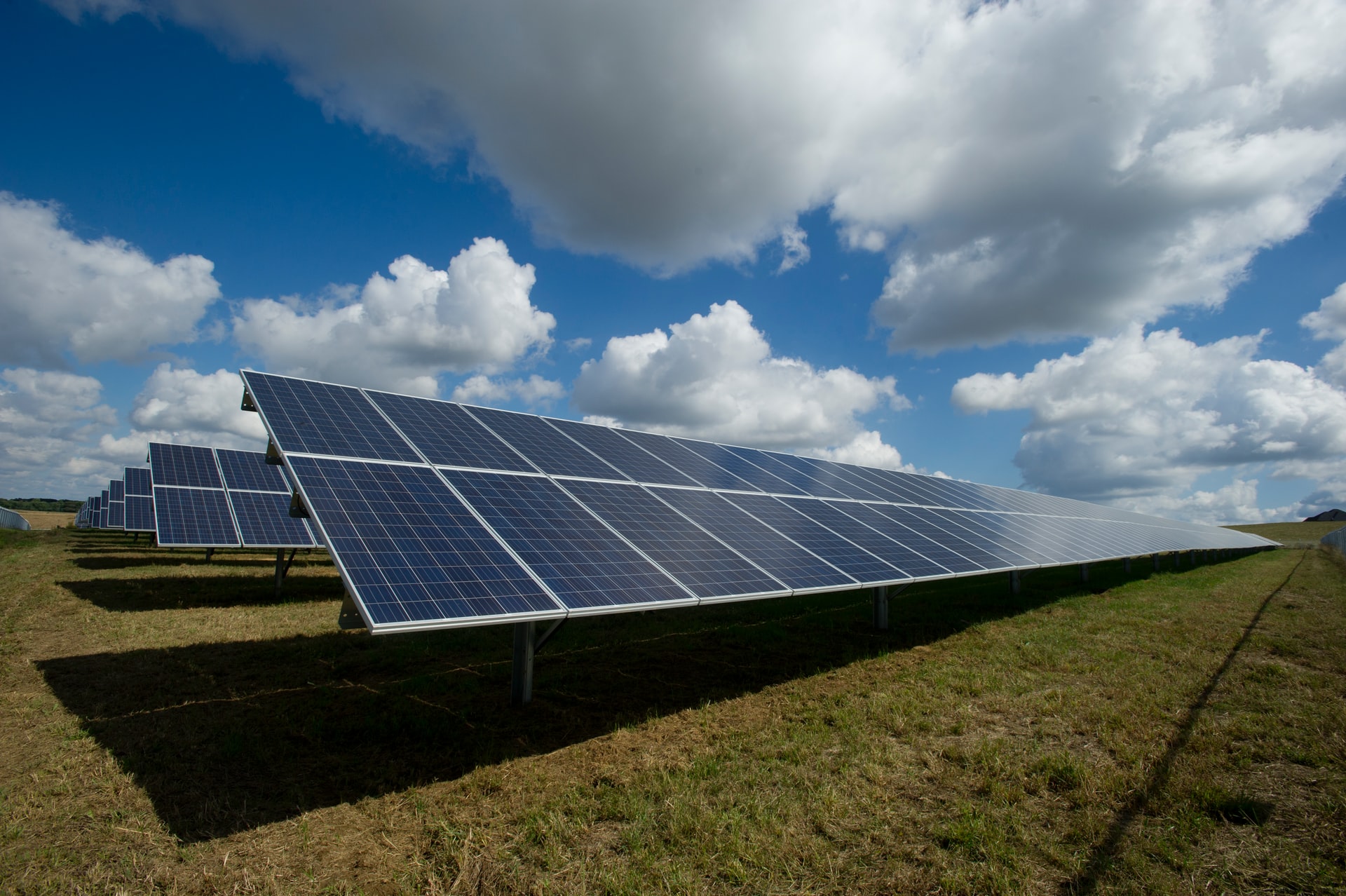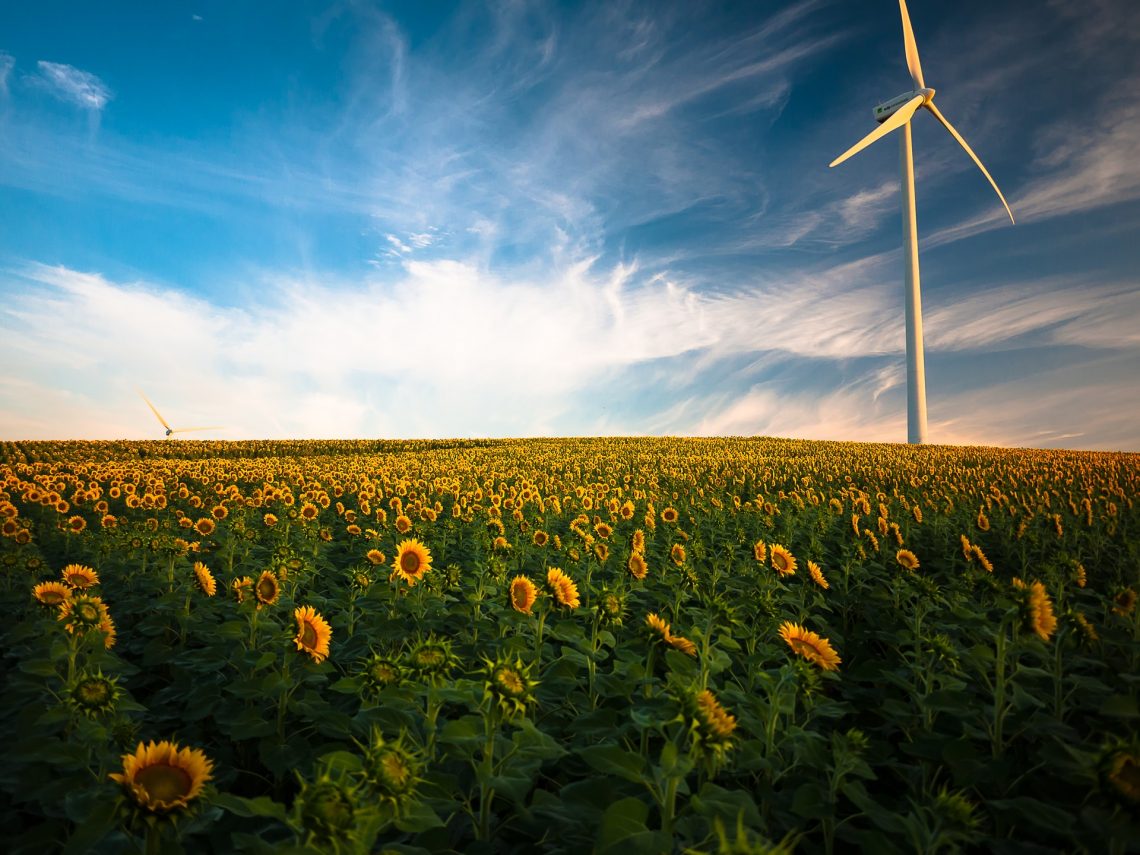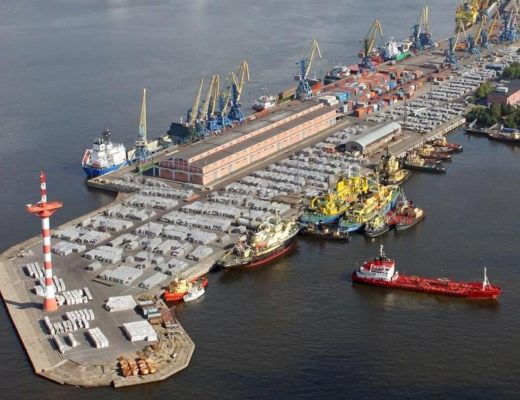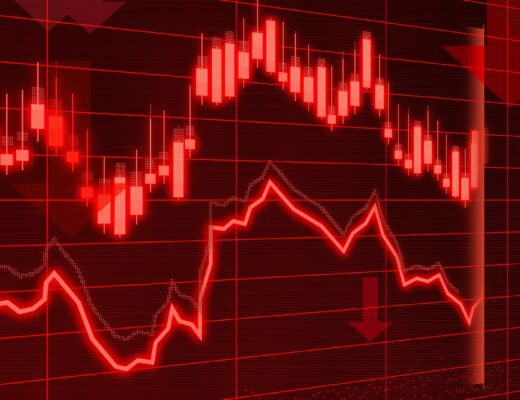How alternative energy is developing in Europe
Experts of the analytical center Ember from Great Britain, which deals with energy issues, have summed up the results of the last year. According to their results, alternative energy surpassed the traditional one in terms of generation volumes. Experts from the Agora Energiewende Research Center came to the same conclusion.
The scientists’ words are confirmed by the figures: the share of 38.2% of the total power generation is accounted for by solar, wind, and hydro power plants, as well as those that use biomass. At the same time, complexes that use coal and gas account for 37%. In one year alone, coal-fired thermal power plants have reduced energy production by 20%; they account for only 13% of the EU’s total energy balance.
As for the facilities that use gas, the decrease was not that significant – about 4%. Analysts explain it by a sharp fall in prices for raw materials. The record reduction in the production of electricity is observed among nuclear power plants. Here, volumes dropped by 10%.
The contribution of alternative energy has been growing since 2015. During this period, the production of resources by wind and solar complexes doubled. If we consider the development of renewable energy in Europe, the leader belongs to Denmark. Here, alternative energy accounts for 61% of the total energy generation. It is followed by Ireland with the result of 35%. Germany with a share of 33%, and Spain with 29%. According to Ember analysts, such dramatic growth rates of wind and solar energy make it possible to abandon the use of fossil fuels – coal and gas – faster. In addition, the launch of a large number of RES facilities contributes to overlapping the demand for electricity, which is produced by nuclear power plants. The latter are also planning to be shut down. However, even at this rate, it is unlikely that by 2030 Europe will be able to achieve its goals of reducing the use of fossil fuels. In order to realize these plans, the transition to renewables must be accelerated by at least 3 times from today’s figures.
According to Ember analysts, such dramatic growth rates of wind and solar energy make it possible to abandon the use of fossil fuels – coal and gas – faster. In addition, the launch of a large number of RES facilities contributes to overlapping the demand for electricity, which is produced by nuclear power plants. The latter are also planning to be shut down. However, even at this rate, it is unlikely that by 2030 Europe will be able to achieve its goals of reducing the use of fossil fuels. In order to realize these plans, the transition to renewables must be accelerated by at least 3 times from today’s figures.
Analysts predict that a record number of solar and wind complexes for power generation should be commissioned in the European Union this year. However, such trends are not shared by all countries. For Russia, the increase in the share of renewables and the closure of conventional plants is negative, since the country is the largest exporter of gas and coal in Europe. The increase in alternative energy will lead to a decrease in demand for Russian products, which will have a significant impact on the budget. At the same time, Russia itself has no plans to develop RES in the near future. It became known that for the period of 2025-2030 the financing of this direction will be reduced.










